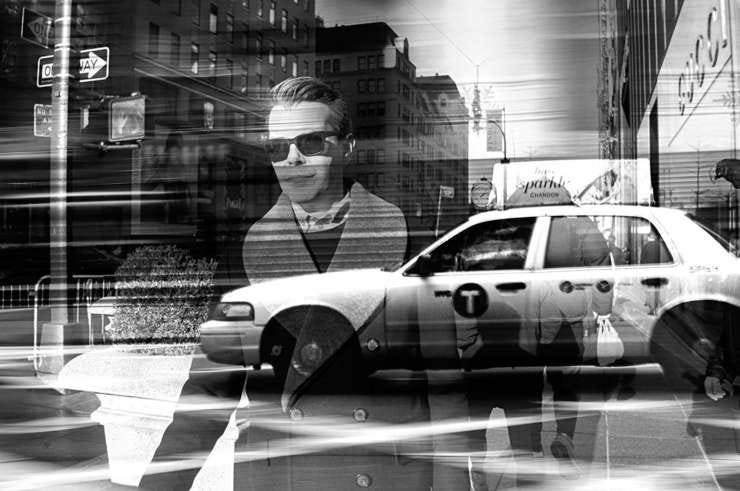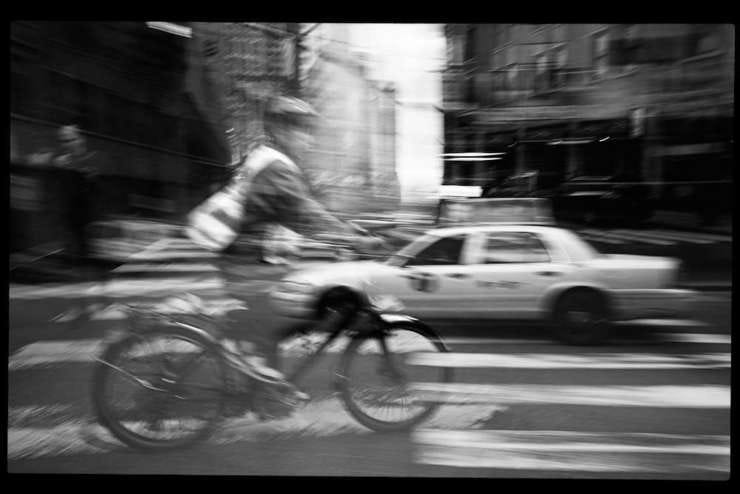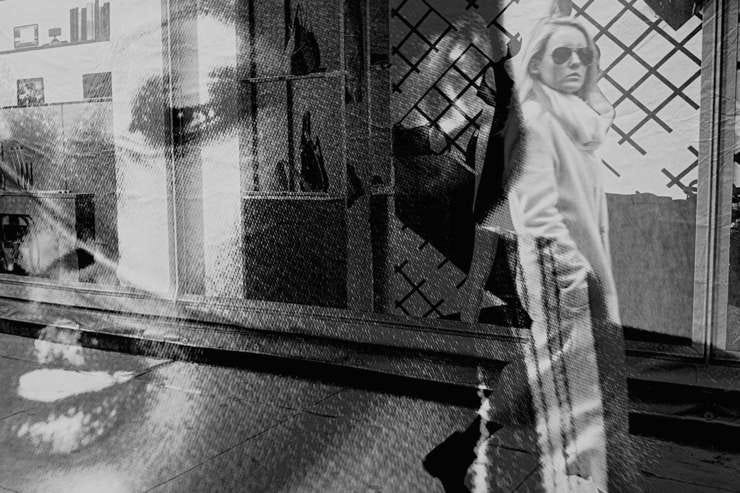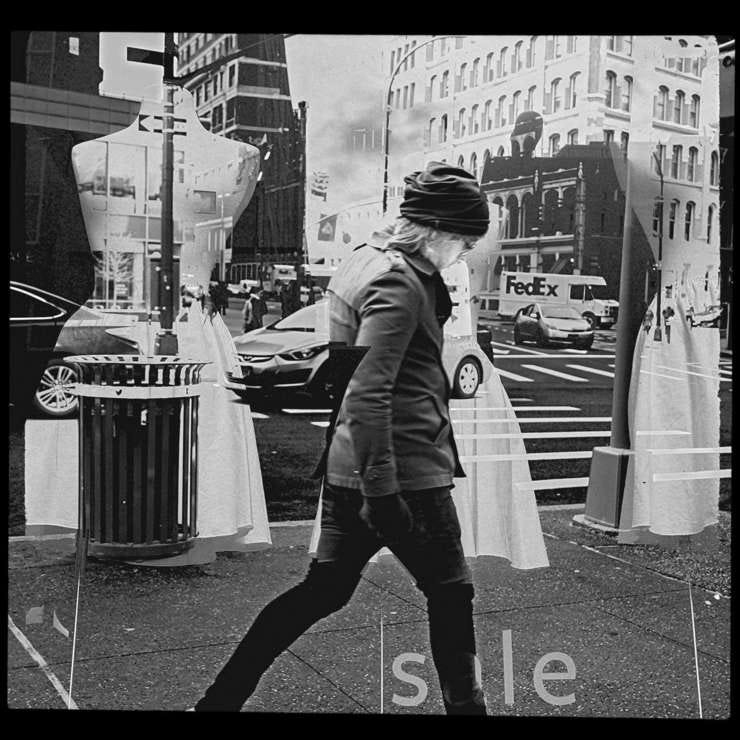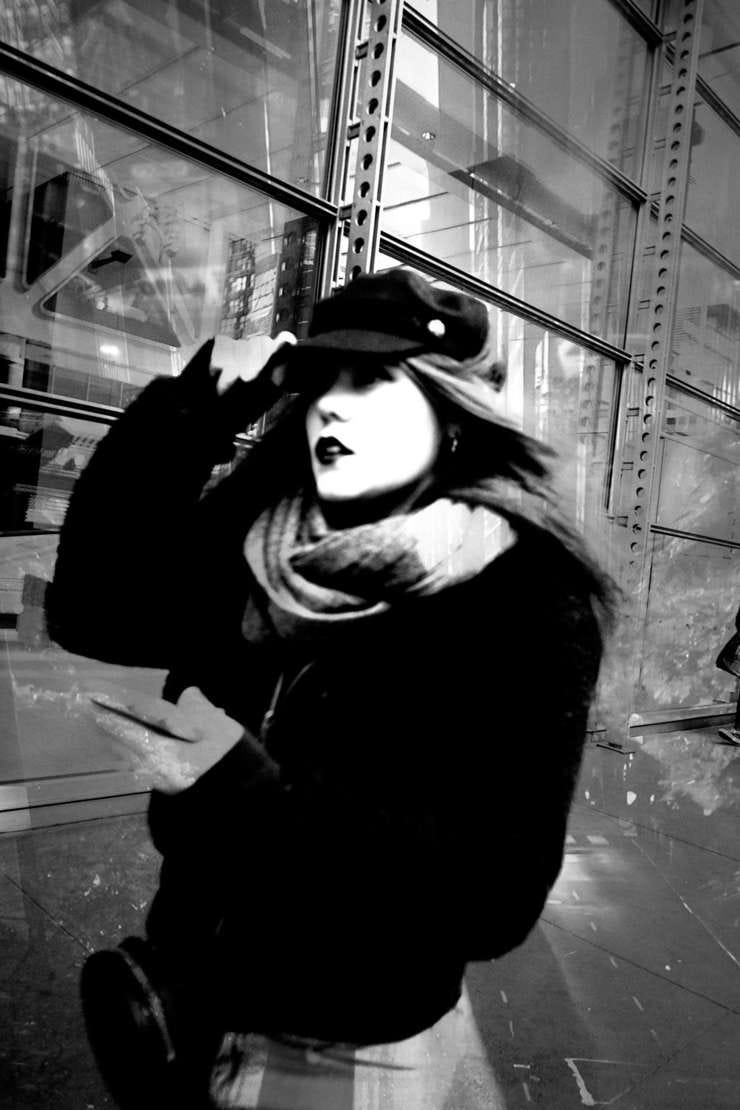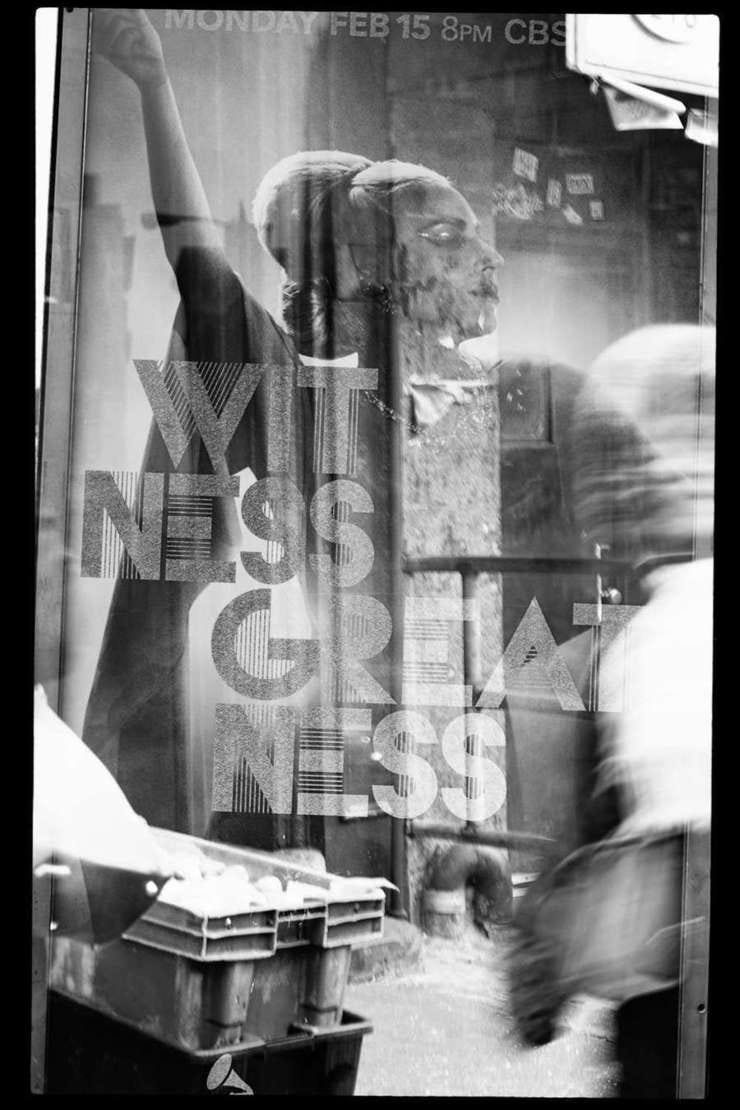Curious Frame - Photography is a Work in Progress
Issue #44 - 10 November 2021
I spend quite a bit of time, shooting, processing, viewing and reading about photography and art. The more I engage in those things, the more I realize how little I know and how little content that I find that answers a million questions about it all.
So much of what is written about photography and art requires an advanced degree. It is written in a very abstract language and places a large distance between the intellect and the intuitive.
I have long held the belief that art and photography should be accessible to all without being dependent on some kind of special knowledge or that at least it is written in a manner that everyone can grasp.
I recall many years ago reading a book by the neurologist, Oliver Sacks and coming to the realization that even I could understand neurology, if only in a limited manner.
It is an art to be able to explain an advanced idea in a language that most everyone can understand. So I am constantly in search of writers that write about art and photography so that it is accessible to all.
This is one of the important reasons that I write Curious Frame. I hope that I don’t write in a manner that is difficult to understand. I am always attempting to make sense of things that are often glossed over because they are written in a language that is difficult to understand.
As always, your comments and suggestions are welcome AND you can even disagree with me. Debate is a great form of dialogue and understanding.
Oh no, no comments on last issue. Just hit reply and let me know what’s on your mind. Curious Frame is written for you. Thanks!
Reader's comments
Oh no, no comments on last issue. Just hit reply and let me know what's on your mind. Curious Frame is written for you. Thanks!
+++++
Photography is a Work in Progress
Photography is a bit like being a curator. (I wrote about On Curating in Issue 10.) We are constantly deciding what to shoot. We are framing (Framing is the topic of Issue 29) the world before our eyes. We are always making choices.
Photography is always a work in progress. I’ve yet to hear of anyone who quit shooting because there was nothing new to learn or shoot. Have I mentioned that photography is like an addictive drug?
As people, we are always a work in progress and so is our experience with photography. Things change even when we aren't aware of it.
In my workshops, I often make the brilliant statement that we can’t take the same photo twice. You never know what might be different the next time that you shoot in a particular space.
This is especially true of street photography. You couldn’t make it up! It is always about chance. Chance is everywhere and all the time.
The earth is spinning around and the seasons bring us a constant variety of conditions. Well, that is certainly true of New York City.
Everything in life is memory save for the thin edge of the present. Michel Gazzaniga
While we take a photo of a moment in time, it is quickly history. It is already past. We arrive at where we are as a result of our entire past. If you change one thing, one small thing, everything changes.
It is perhaps easier to say that a style of writing or art always relies on everything that came before. We can more easily detect those changes over time.
Nevertheless, all those photos that we took and don’t much like anymore helped us to arrive where we are now. We tend to discount those photos that are no longer relevant to where we have grown.
When we view a photo, we all see the same image. But we will likely come away with a different understanding of it. We see an image through our experiences in life. Our eyes are our natural lenses.
In fact, I might go so far as to say that the best photos include a degree of nuance (that is a topic of an upcoming issue). When we are able to find our own interpretation of any piece of art, it takes on a life of its own. The same is true of how we develop our own style.
There are many photos that I don't understand and therefore also don't like. Often these photos are merely providing a concept. They are conceptual art. They exist to push buttons and make us uneasy or to feel something specific. They may also lack nuance.
I believe that photographing people forces an interest in lives other than our own, allowing an opportunity to see ourselves reflected in someone else. Curran Hatleberg
I have many questions. Questions that I ask in the middle of my thoughts on photography. Many of the questions may never have neat answers or even if they do, those answers might change over time.
At the top of that list is why do we take photos? It's not a question that I can properly answer. I suppose it's good to look back at the beginning. When did you start to use a camera and document life?
For me, my father gave me a camera when I was 12. It was a time when I was trying to figure out what life was all about. Photography is about observing life. I'm still trying to figure it all out!
There is something appalling about photographing people. It is certainly some sort of violation; so if sensitivity is lacking, there can be something barbaric about it. Henri Cartier-Bresson
I only recently discovered the above quote by Henri Cartier-Bresson. It isn't often quoted. It is an odd thing to say for a photographer who took photos of people on the streets without them being aware or providing permission.
I think that the key to the statement is if sensitivity is lacking. Humanity is a key element in street photography. Or at least that is true for me and perhaps Cartier-Bresson as well.
The distance isn’t important; it is only the first step that is difficult. Marie de Vichy-Chamrond, the Marquise du Deffand (1697-1780)
We take photos of people we don't know. We often are critical of our progress as photographers. We are somehow led to believe that our photography isn't good enough.
Photography is life. How could it be anything else? Street photography is no different than any other form of self expression. To share it is to open up to the possibility of rejection. It's just like real life and is just like the feeling that we have of being judged by others.
We take photos without knowing why and of others. I suggest that it's really about having that belief in humanity. They we are all looking to find a place that we fit in. That we are accepted.
There's a whole world out there that we'll never know or understand without throwing ourselves into the public. Like the above quote it is only the first step that is difficult.
We take so many photos. Many of them we might only look at once. I am okay with that. First of all, because I think of photography as an activity. It's a verb. It's what I do.
There are many activities that we do on a regular basis in which we don't have proof of it in the end. At the end of the day of shooting you have photos to show for it. Some of them will be ones that you like. Others you may forget about.
I have a very good friend that would often delete many of his photos. We would laugh about it and how I rarely delete mine. But I can see where I was in my path as a photographer and in my life.
So I leave you here with many questions that I am still pondering. If you have any experiences or comments about this topic, I look forward to hearing from you.
All the photos that accompany this newsletter are double exposures. I've been thinking about starting a new series of them. Double or multiple exposures provide the opportunity for a more nuanced image.
+++++
If you find value in reading Curious Frame, you can now support my research and writing into my thoughts on photography. But no sweat if you’re unable to contribute. The newsletter is still free for everyone. A very big thanks to those who contributed!
+++++
Sharing is Cool! If you’ve been forwarded this email or are reading online, consider joining the dialogue by subscribing. If you are looking for past issues you can find them all in the archive at the link below.
BTW you can give this newsletter a thumbs up or down at the end and you can also share it on social media to Twitter or Facebook.
Curious Frame - In a world that is overpopulated with images, Curious Frame is where I share my thoughts on photography. It is always about ‘seeing with new eyes.’
+++++
Are You Looking For Unique Gifts?
I have a number of new items in my shop. They won't break the bank, they ship international and I will even post them for you or create a gift certificate.
+++++
Further Reading:
Kimmelman, Michael. The Accidental Masterpiece: On the Art of Life and Vice Versa, Penguin Press, 2005.
Wolf, Sasha, ed. Photo Work: Forty Photographers on Process and Practice, Aperture Foundation, 2019.
+++++
Further Viewing:
Alex, is great! He really gets heated up for this video and I am in total agreement with what he says. I also am subscribed to buy him a coffee every month. I hope you enjoy him as I do.





